|
That fancy name for the urge to jump from the top of the Empire State building, climb over the rail of the Golden Gate bridge, step off the rim of the Grand Canyon. Some experts consider this intrusive thought, also called the “high place phenomenon,” an alarm signal gone wrong–our brains really saying, Back up or you may fall. I am standing on the edge of my life. Some days I feel the pull of gravity more than others. Is that a death wish? How close am I to the precipice? Je ne sais pas.
A few night’s ago, I watched a re-run of Titanic. The scene where Kate Winslet and Leonardo DiCaprio steam up a roadster did nothing for my libido. My favorite scene stars octogenarian actress Gloria Stuart. In a flowing white nightgown, with flowing white hair and fabulous red toenails, this make-believe centenarian Titanic survivor stands at the prow of the research vessel. She flings a rare diamond necklace into the sea. That looked like fun! For couples my age, there is only one romantic gesture left--to die at the same time or at least within a couple of months of one another. It happens more frequently than you might think. Headlines like these are not that uncommon: “Couple of 62 Years Held Hands Until the Very End” or “Couple Married 63 Years Died on the Same Day.” I call them the “Baucis and Philemon couples.” If you have forgotten your Ovid, here’s Wikipedia retelling the myth: “In Ovid’s moralizing fable…Baucis and Philemon were an old married couple… the only ones in their town to welcome disguised gods Zeus and Hermes…thus embodying the pious exercise of hospitality…As a reward for their hospitality Zeus turned their cottage into an ornate temple…They also asked that when time came for one of them to die, that the other would die as well. Upon their death, the couple were changed into an intertwining pair of trees, one oak and one linden… " On my way to a writing conference in Key West a few years ago, I got into a conversation in the Fort Myers airport waiting room with a seventy-something couple from the Midwest--and straight out of Ovid. I listened as they told me they wanted their ashes mixed in the same urn and plowed into the field closest to their Indiana farmhouse. They had worked out the details, including which of the adult children would be in charge of the urn until they were both cremated. They held hands as they spoke. Devotion was built into the medieval concept of courtly love, the burden of proof on the male. The courtier tries to make himself worthy of the object of his affection by doing whatever deeds she might desire. My local newspaper carried this story of chivalry gone wrong: Elko Daily Free Press, January 21, 2014: “An 88-year-old man who shot his wife in the chest in a Carson City hospital on Sunday told police he was trying to carry out a murder-suicide because the woman was paralyzed and didn’t want to live, authorities said. The man reportedly told police that he had brought two bullets for her and two for himself, but the gun jammed after his first shot.” Ultimate romantic gesture or the story of an inept spouse who never could do anything right. You decide. There are many powerful memoirs of couples mated for life and the survivor’s intertwining emotions of love and grief. Three books come to mind: Joan Didion, A Year of Magical Thinking, about the death of her husband; Julian Barnes, Levels of Life, about the loss of his wife; and Mary Oliver, Our World, about the love of her life, photographer Molly Malone Cook. It turns out long-term marriages are good for us. An article in the New York Times, “Study Finds More Reasons to Get and Stay Married,” notes that “social scientists have long known that married people tend to be happier…” and that, “People have the capacity to increase their happiness levels and avoid falling deep into midlife crisis by finding support in long-term relationships.” Another reminder from social scientists is that women are much more likely to face their elder years without a partner. The Huffington Post notes that “Because women typically live longer than men…and tend to marry men who are older than themselves, women are far more likely to be widowed.” Which gets me back to Valentine’s Day. For those of us who have long outlived our reproductive capacity and outlived our spouses, Valentine’s Day is redundant. Rather than lament the fact or apologize for this phase of women’s lives, we should be celebrating. I confess that my change in thinking is a result of reading an essay by Ursula LeGuin, “The Space Crone,” in a collection of essays, Dancing at the Edge of the World. The essay is a bold argument for a woman to rethink life after the second “Change of Life.” She says the following: “With the secularization of virginity now complete, so that the once awesome term ‘virgin’ is now a sneer or at best a slightly dated word for a person who hasn’t copulated yet, the opportunity of gaining or regaining the dangerous/sacred condition of being at the Second Change has ceased to be apparent….Virginity is now a mere preamble or waiting room to be got out of as soon as possible...Old age is similarly a waiting room, where you go after life’s over and wait for cancer or a stroke.” Wow! Right on, I said to myself as I read her piece. LeGuin says there are no rites of passage for women to enter this third phase, one she considers our entrance into the fullness of humanity. The crone, LeGuin claims, is the only person “who has experienced, accepted, and acted on the entire human condition--the essential quality of which is Change…” Perhaps it is time to recognize that our post-reproductive lives, which are getting longer all the time, are opportunities for growth, for adventure, for new accomplishments. This may sound like wishful thinking and it is--in the best sense of the word. Otherwise, it’s too depressing to feel condemned to the waiting room of old age and to a vision of a woman’s post-reproductive life as one big anti-climax. Pun intended. There are vital septuagenarians and octogenarians out there and I want to be among ‘em. For my part this Valentine’s Day, I’m enjoying the pleasure of my own company, dispensing with the red roses, and buying a plane ticket to somewhere I’ve always wanted to go.
Somewhere there are dead cats with maggots, whole cities rubbled, and unrepentant youths gunning one other. Blood. Guts. Excrement. Ahem! Assuming your attention, I would like to mention March twenty-five, the Anunciation, Good News to quite a few. And, in case you missed it– yes, I’m talking about your preoccupation with death and damnation– while you were looking for trouble the James Webb telescope, more powerful than the Hubble, launched into space on December twenty-five. And the scientists, our better angels more often than not, imagined a voyage back to the birth of the universe. Yep. Hope. Seriously! Hope! I went to a “Drop In’s Welcome” salon in Reno and the gal doing hair had some kind of figure. She was built like a goddess, the Venus of Willendorf. Go to Wiki. You’ll get the picture. This Silver State earth mother had some kind of attitude, told all of us sitting there getting our hair done about going to the Bank of America the other day with a handgun in the pocket of her jacket. “I f’n’ forgot!” she yelled over the blow dryer. She named the caliber, cocked her finger at the mirror, and said, “Smaller than a squirt gun!” When I went to pay, I said, “Pardon me for asking but why a conceal ‘n carry?” She squinted at me, “There's a lotta crazies out there and I know who they are.” I squinted back and said, “So do I.” And she said, “Maybe you should be packin’.” If I had a match I’d set my hair on fire. That’s how bored I am, preachin’ to the choir. If I had a B-B gun I’d shoot a crow or two. That’s how bored I am waitin’ for the flu. If I had a git-tar tell you what I’d do find me a boxcar ride the rails ‘til 2022. If you’ve got the Delta blues feel free to add a verse. According to the local news it’s gonna get some better or it’s gonna get some worse. Half-formed apples drop in midsummer heat. The jackrabbits on the lawn seem creepy. A whiff of death comes from fires in every direction. “Apocalyptic!” repeat the talking heads. As I stare at clouds of smoke, do I see the Apostle Peter waving his fist? He did promise fire this time. He said it was our collective fault. Maybe the short-sightedness of pride blurs our vision, thinking we can control nature or ourselves. What if nothing is revealed in the whirl of wind and fire except the indifference of the elements. You feel the heft of the glass door when you push it open, relieved to be safe from a blast of dust blowing across the parking lot. You hesitate. Your eyes adjust to the darkened room, just past noon. You turn toward the laughter. Three folks at the far end of the bar are turned away. You think it might be nice-- at your age, anyway--to be a day drinker-- convivial. You would swap stories. You think, They would listen. Of course, you are an old woman in a wrinkled shirt, carrying a large handbag. No one sees you. You find the ladies room, and then you hesitate, thinking you might sit in front of a slot machine, at least for a little while. Instead, you head for your car. A Father's Day Poem
I hear the scratch of the curry comb against the horse’s hide. When my father combs the mane and tail, I hear a different sound. After brushing the horse’s back, he reaches beneath the belly, gently says, “Easy now.” He cautions me not to brush the tender wedge of the withers. The horse might kick. I learn by watching him. He throws on a saddle blanket, releasing a whiff of horse sweat, smoothes the folds, places a fancier blanket on top. I watch as he heaves the saddle onto the horse, the right stirrup hooked over the saddlehorn. When he lets loose of the stirrup and cinch, the horse does a little jump. He wraps the latigo strap around the cinch ring, gives it a firm tug. Dad unties the horse and hands me the halter rope. I lead the horse out of the barn into the sunshine. He takes the bridle and, with his left hand, guides the bit into the horse's’ mouth, places the earpiece over the horse’s ear. I hear the bit rattle as the horse rolls its tongue over the cricket. Dad knots the reins, smiles, and hands them to me. I remember sliding onto the saddle from the top rail of the corral fence. Suddenly I am on my own! I know my father watched me with love as I ride out of the yard into a sky blue Nevada morning. A blue parakeet on her perch,
tiny claws clasping the wood bar, watches the cat that seems asleep on the couch. The bird knows better. By midday, boredom or hunger motivates her to her feeder for some bird seed or fresh water or to look in the tin mirror. It is your imagination, thinking she is lonely or pines for a soul mate, or remembers the green forests of Australia. She knows enough to fear the cat and wait for the hand that feeds her. What do I know! Maybe she loathes the hand, loathes the blue bird in the mirror. If I don’t know where I was, how can I get back there? Overheard in a bar in Elko awhile back I see the dip and rise of sage-covered hills a willow bank, chokecherry, wild rose, and aspen shaking in the morning breeze. Could have been a lot of places, I suppose, and I know what you’ll say-- we don’t learn who we are in a day. And yet it is a day and place that stays, when I knew I could hold the herd in an easy way. When I consider how I’ve strayed and why I’d give anything to go back and see a younger me riding tall, riding free. |
AuthorNancy Harris McLelland taught creative writing, composition, and literature for over twenty years and Conducted writing workshops for the Western Folklife Center, Great Basin College , and the Great Basin Writing Project . An Elko County native with a background in ranching. McLelland has presented her "Poems from Tuscarora" Both at daytime and evening events at the Cowboy Poetry Gathering in Elko. Her essay, "Border Lands: Cowboy Poetry and the Literary Canon" is in the anthology Cowboy Poetry Matters . Categories |

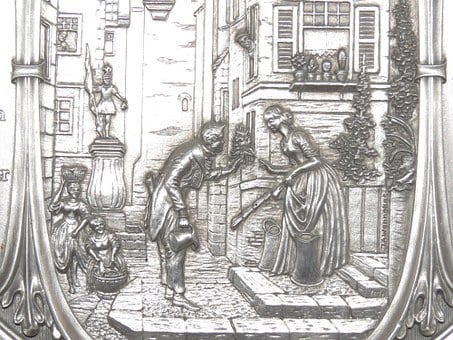
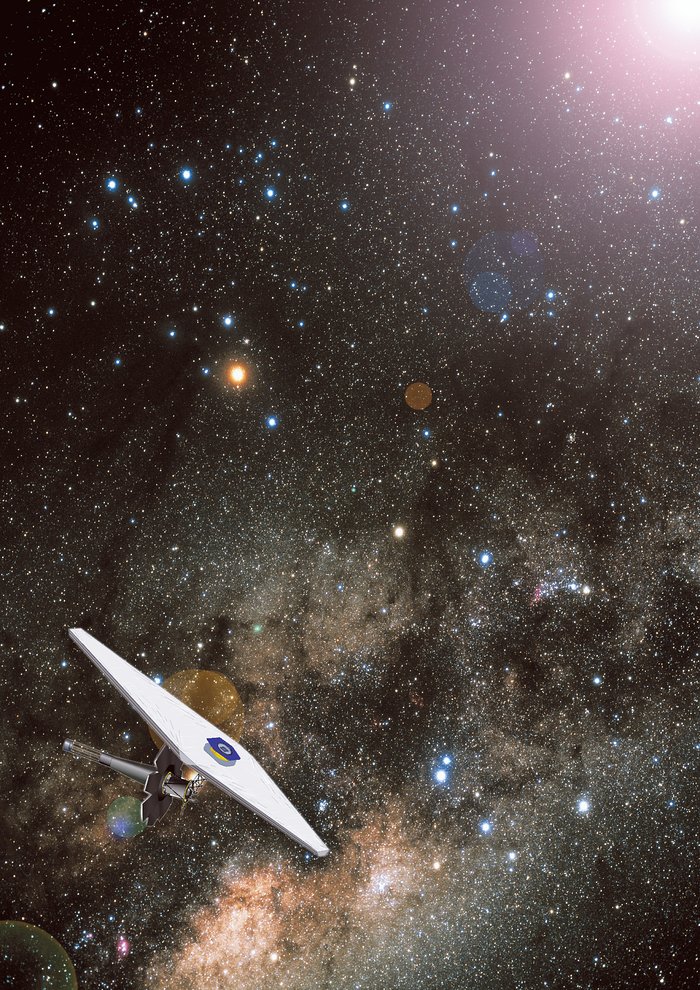
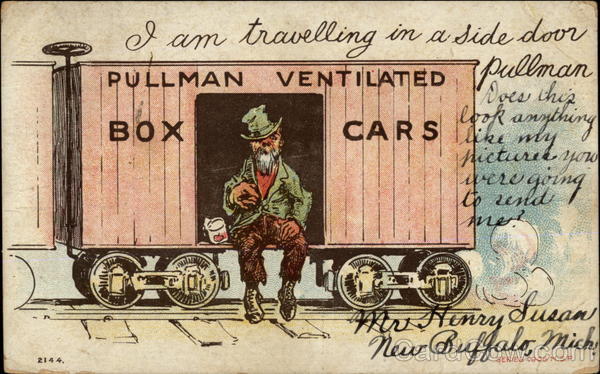
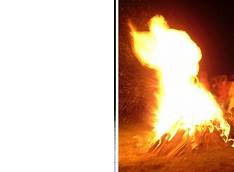
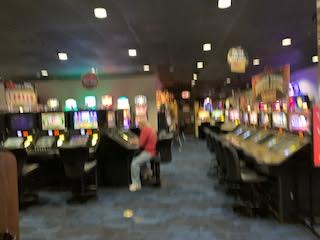
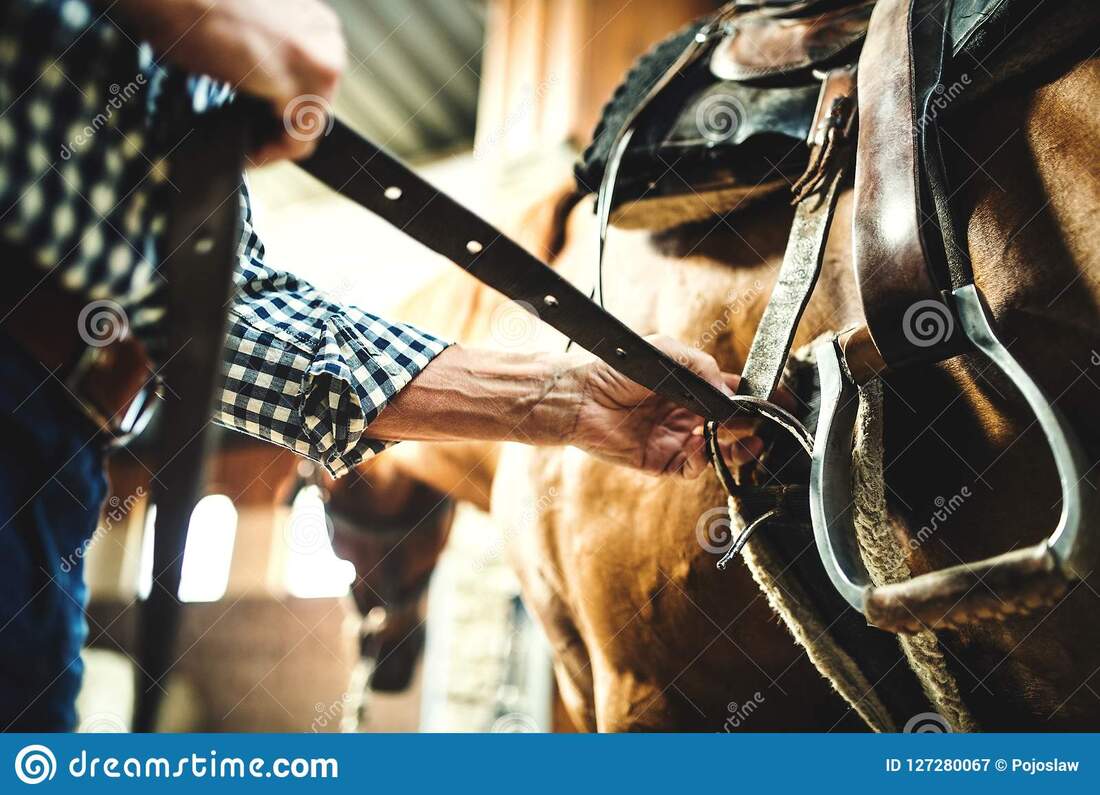
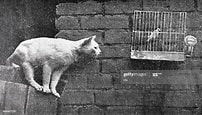
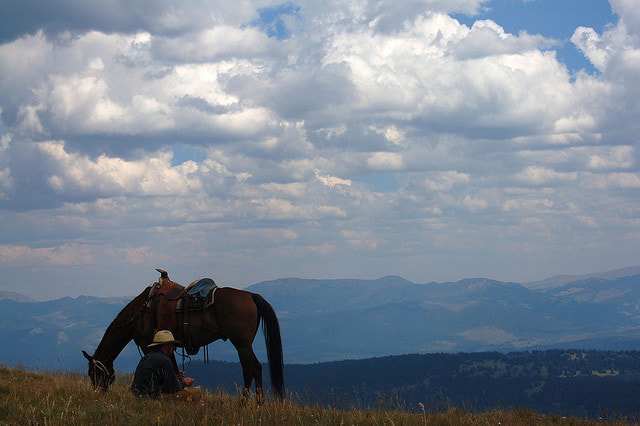

 RSS Feed
RSS Feed